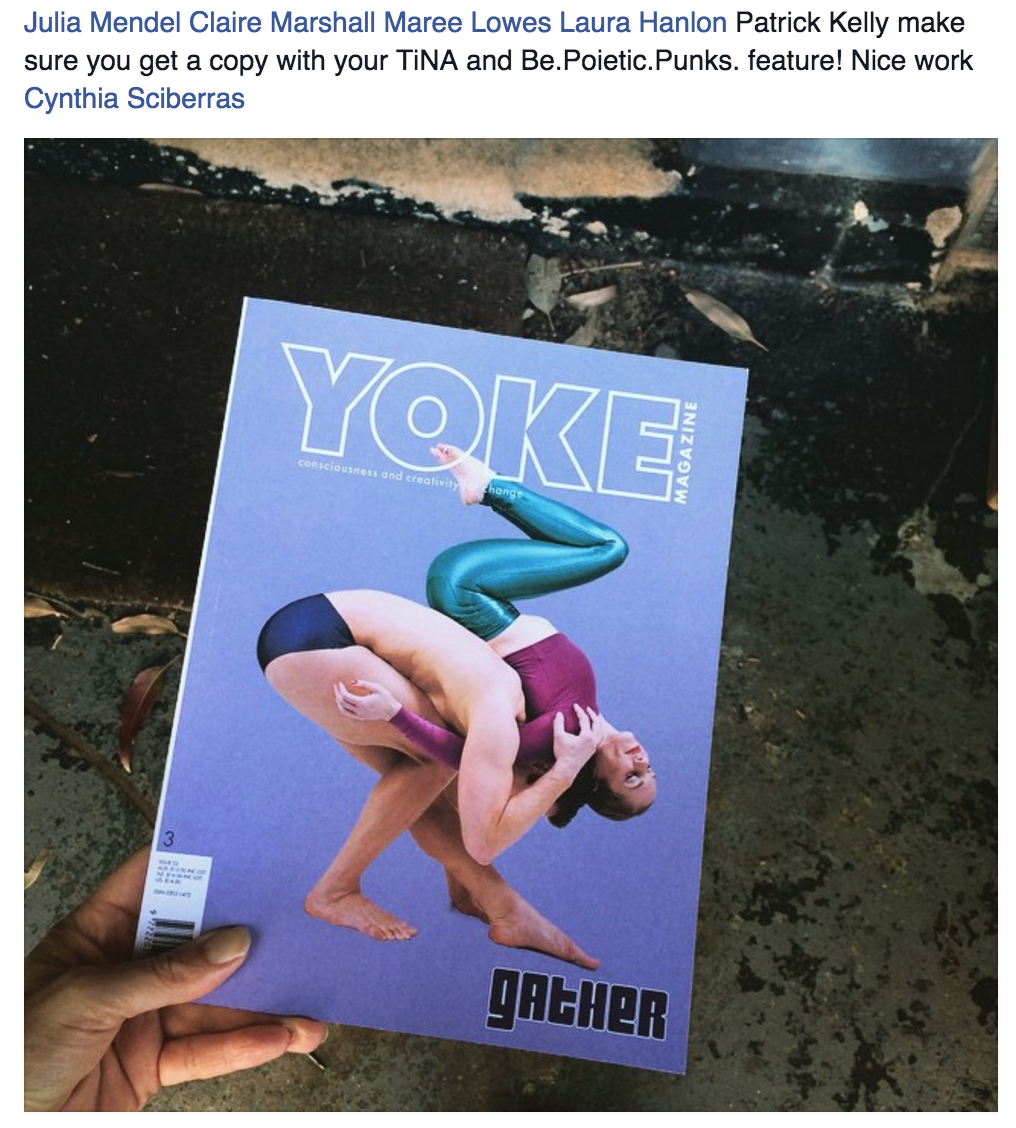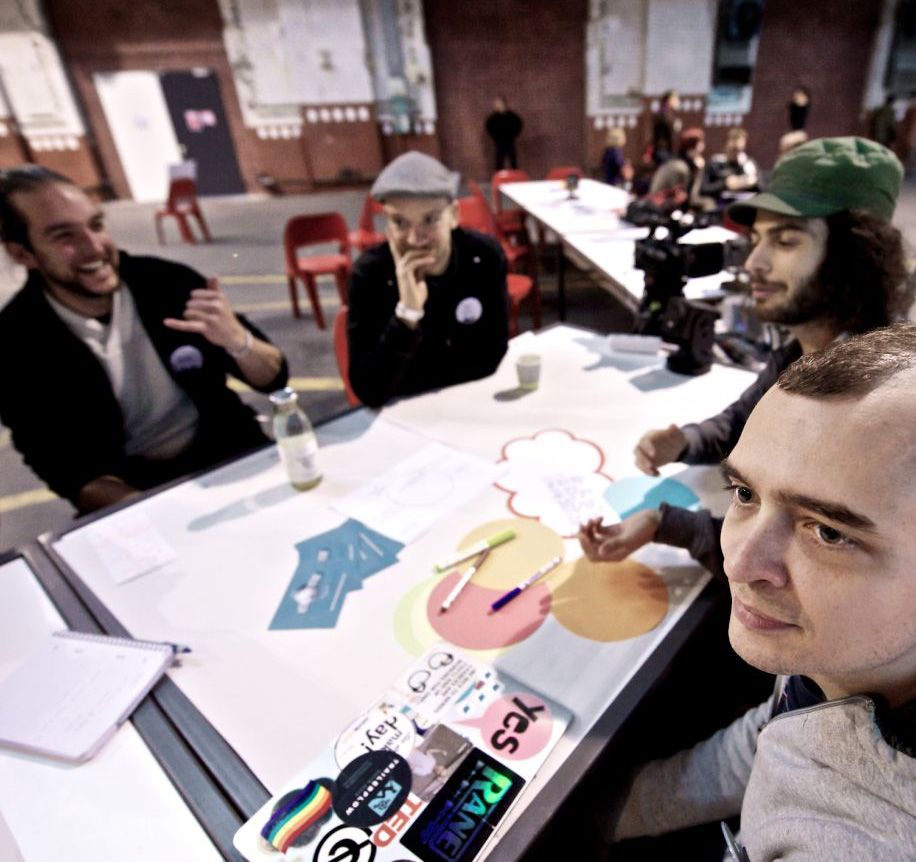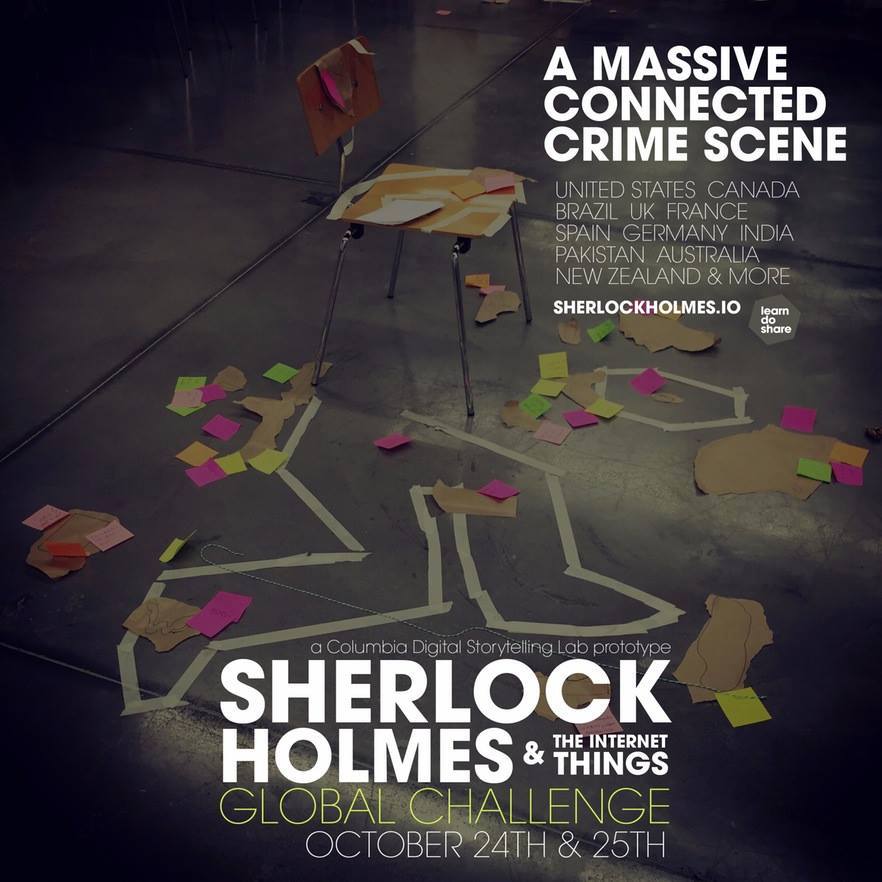Yoke Magazine and SW/TCHFest recently published a little piece I wrote.
BE.POIETIC.PUNKS: WHAT IF YOUR REBEL HEART RAN FREE?
 We are at a point of transition. Of many transitions. Global politics, business, and technologies are shifting shape. And we are shifting with them. The question is: do structures form us, or do we form structures? The Italian Operaismo movement of the 1960s believed that it’s ultimately the people who change systems. So, we should look at our own agency and wondering – how can we shape the world around us?
We are at a point of transition. Of many transitions. Global politics, business, and technologies are shifting shape. And we are shifting with them. The question is: do structures form us, or do we form structures? The Italian Operaismo movement of the 1960s believed that it’s ultimately the people who change systems. So, we should look at our own agency and wondering – how can we shape the world around us?
Understanding poiesis is key to influencing this global transition. Poiesis simply means “becoming” or “bringing forth.” It means to act from the heart – heroically even – to contribute to something larger than oneself. In philosophy, the concept describes the poetic and aesthetic realities that surface through human reflection and emotional expression. What comes about through poiesis are subjective truths that are ethical, humanistic, and spiritual. Being in poiesis can be a liberating, even ecstatic, sensation of congruence between body and mind. Imagine what the future of work would look like. A future in which you do what you love, with people you like, towards something meaningful that protects resources and ourselves.
Sound like a fantasy? As a design ethnographer I have dedicated countless hours to exploring poiesis and social innovation through storytelling, collaboration and hands-on education. As part of my PhD, I co-founded a collective called Learn Do Share, a group of collaborators sharing their minds, hearts, and hands to invent new ways of working and learning. The collective’s poietic work has gained momentum and attention from people and organisations wanting to join the movement. We have worked with the United Nations, UNICEF, Columbia University, and Google Creative Labs, and recently ran games at OUIShare Paris and Re:publica Berlin.
 Recently, some of us developed Be.Poietic.Punks, an anarchic game all about exploring poiesis. This culture hacking game is designed to give people an experience of their political agency with the aim to elicit associative ways of co-creation. Part 1 is a sci-fi card game employing anarchic collective problem solving fusing sci-fi storytelling, speculative design and rapid prototyping. In part 2, participants create an “exquisite corpse” style wall carpet, representing a remixed story of the project that was prototyped in part 1 of the game. At the end, dancers and musicians perform an ad-hoc choreography based on the wall carpet story. The process throws everyone into disorientation, intense time boxing, and lots of laughter. We simulate process as something largely unplannable, and I’m interested in testing how people react to embracing such chaos, giving up their instinct to control the environment. The whole game is a mad challenge to trust intuition and associative reasoning.
Recently, some of us developed Be.Poietic.Punks, an anarchic game all about exploring poiesis. This culture hacking game is designed to give people an experience of their political agency with the aim to elicit associative ways of co-creation. Part 1 is a sci-fi card game employing anarchic collective problem solving fusing sci-fi storytelling, speculative design and rapid prototyping. In part 2, participants create an “exquisite corpse” style wall carpet, representing a remixed story of the project that was prototyped in part 1 of the game. At the end, dancers and musicians perform an ad-hoc choreography based on the wall carpet story. The process throws everyone into disorientation, intense time boxing, and lots of laughter. We simulate process as something largely unplannable, and I’m interested in testing how people react to embracing such chaos, giving up their instinct to control the environment. The whole game is a mad challenge to trust intuition and associative reasoning.
 Another project is called Sherlock Holmes and the Internet of Things (IoT). This MOOC (which we call a Massive Online Offline Collaboration) is an ongoing prototype developed and run by Learn Do Share at Columbia University. With meet-ups in close to 20 cities, 1000+ collaborators from over 60 countries, the pilot MOOC creates a massive connected crime scene consisting of smart storytelling objects. Teams take on roles from the novel to create, design, build and test prototypes in local and global groups. They explore the ethical and political implications of IoT. By creating shared assets collaborators raise questions on shared authorship and ownership, which ultimately leads them to engage with new concepts. A transition to the commons as a way of exchange is one example.
Another project is called Sherlock Holmes and the Internet of Things (IoT). This MOOC (which we call a Massive Online Offline Collaboration) is an ongoing prototype developed and run by Learn Do Share at Columbia University. With meet-ups in close to 20 cities, 1000+ collaborators from over 60 countries, the pilot MOOC creates a massive connected crime scene consisting of smart storytelling objects. Teams take on roles from the novel to create, design, build and test prototypes in local and global groups. They explore the ethical and political implications of IoT. By creating shared assets collaborators raise questions on shared authorship and ownership, which ultimately leads them to engage with new concepts. A transition to the commons as a way of exchange is one example.
Termed “commons transition”, the concept is associated with a movement and policy proposals aimed toward achieving a more humane and environmentally grounded mode of societal organisation. Business and social researchers alike articulate what such an economy would look like and which policy recommendations would be required. These ideas of a “social knowledge economy” is based on free an open access to knowledge as well as circular modes of exchange. Our goal with Sherlock is to introduce as many people as possible to options that help them rethink their Ayn Randian neoliberal parameters.
All this may sound a bit unattainable, but as Margaret Mead famously said:
“Never doubt that a small group of thoughtful, committed citizens can change the world; indeed, it’s the only thing that ever has.”
